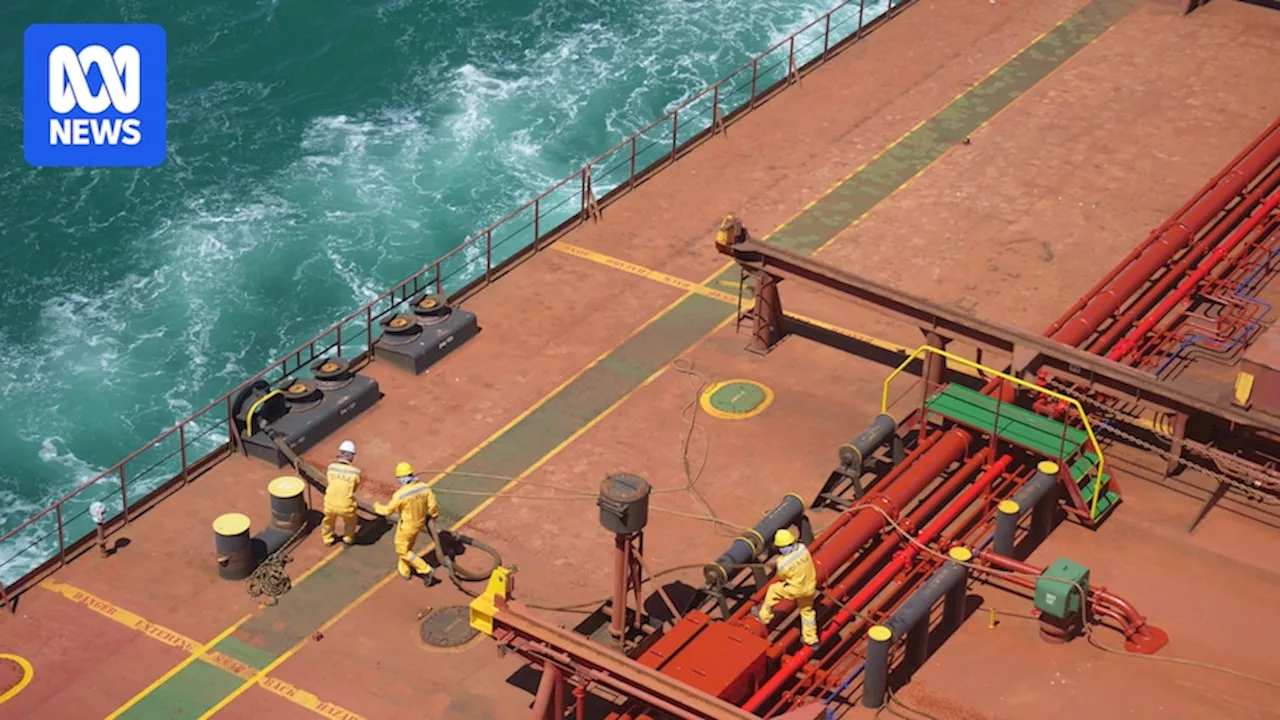Editorial: The Wages for Housework campaign asked a provocative question. More than 50 years later, it is still relevant
that a man’s main job was to earn money, and a woman’s to look after the home, according to the British Social Attitudes survey. By 2022 that had plummeted to 9%. Yet while the proportion of women in full-time jobs has, the burden of domestic labour still falls unfairly on their shoulders in heterosexual households – whereas same-sex couples tend to divide it more equally.
The movement was international and intersectional, with the groups Wages Due Lesbians and Black Women for Wages for Housework soon emerging. But it was always a small strand inas inviting capitalism into the home, encouraging women’s relegation to that sphere, or cementing the unequal domestic burden. In response, Selma James, another of its founders,middle-class feminists of idealising the workplace: “I had waitressed, packed sweets, and wired and soldered TVs on an assembly line.
Some activists demanded wages as a practical solution, while others saw the idea as a tool for challenging deeper systemic issues. In Prof Callaci’s, it was “the starting point for a more fundamental transformation of our political imagination: the conjuring of a world organized around care rather than capitalist growth, the destruction of the environment, and pointless productivity”.
That might mean, for example, paying farmers to support nature rather than produce food. The movement has inspired prison abolitionists, members of Argentina’s Ni Una Menos campaign against male violence, organisers of paid domestic workers, and proponents of a universal basic income. It now calls for an income, whether that be of people or the planet. It is not just a question of whether we value what we do not pay for – but of the cost when we do not value what matters.
Australia Latest News, Australia Headlines
Similar News:You can also read news stories similar to this one that we have collected from other news sources.
 Seafarers' Rights: $30.7 Million Recovered in Stolen WagesThe International Transport Workers’ Federation (ITF) recovered $30.7 million in stolen wages for seafarers in 2024, highlighting the ongoing issue of exploitation faced by crew members on global sea lanes. Advocates point to limited food, substandard water, and wage theft as common problems. Authorities like the Australian Maritime Safety Authority (AMSA) are taking action, refusing access to vessels found underpaying their crews.
Seafarers' Rights: $30.7 Million Recovered in Stolen WagesThe International Transport Workers’ Federation (ITF) recovered $30.7 million in stolen wages for seafarers in 2024, highlighting the ongoing issue of exploitation faced by crew members on global sea lanes. Advocates point to limited food, substandard water, and wage theft as common problems. Authorities like the Australian Maritime Safety Authority (AMSA) are taking action, refusing access to vessels found underpaying their crews.
Read more »
 Budget Blowout Fears as Government Fails to Fund Public Sector WagesThe Australian government is facing criticism for its handling of public sector wages in the budget, with the Shadow Treasurer warning of a potential $7.4 billion blowout.
Budget Blowout Fears as Government Fails to Fund Public Sector WagesThe Australian government is facing criticism for its handling of public sector wages in the budget, with the Shadow Treasurer warning of a potential $7.4 billion blowout.
Read more »
 Sydney Wedding Dress Company Ordered to Pay $21,604 in Back WagesA Sydney wedding dress company has been ordered to pay back wages and a penalty after underpaying four workers between 2015 and 2021.
Sydney Wedding Dress Company Ordered to Pay $21,604 in Back WagesA Sydney wedding dress company has been ordered to pay back wages and a penalty after underpaying four workers between 2015 and 2021.
Read more »
 Singing kings and a corpse flower: photos of the dayThe Guardian’s picture editors select photos from around the world
Singing kings and a corpse flower: photos of the dayThe Guardian’s picture editors select photos from around the world
Read more »
 Antarctic cave and a red squirrel: photos of the dayThe Guardian’s picture editors select photographs from around the world
Antarctic cave and a red squirrel: photos of the dayThe Guardian’s picture editors select photographs from around the world
Read more »
 Solar sculpture and winter landscapes: photos of the dayThe Guardian’s picture editors select photographs from around the world
Solar sculpture and winter landscapes: photos of the dayThe Guardian’s picture editors select photographs from around the world
Read more »
